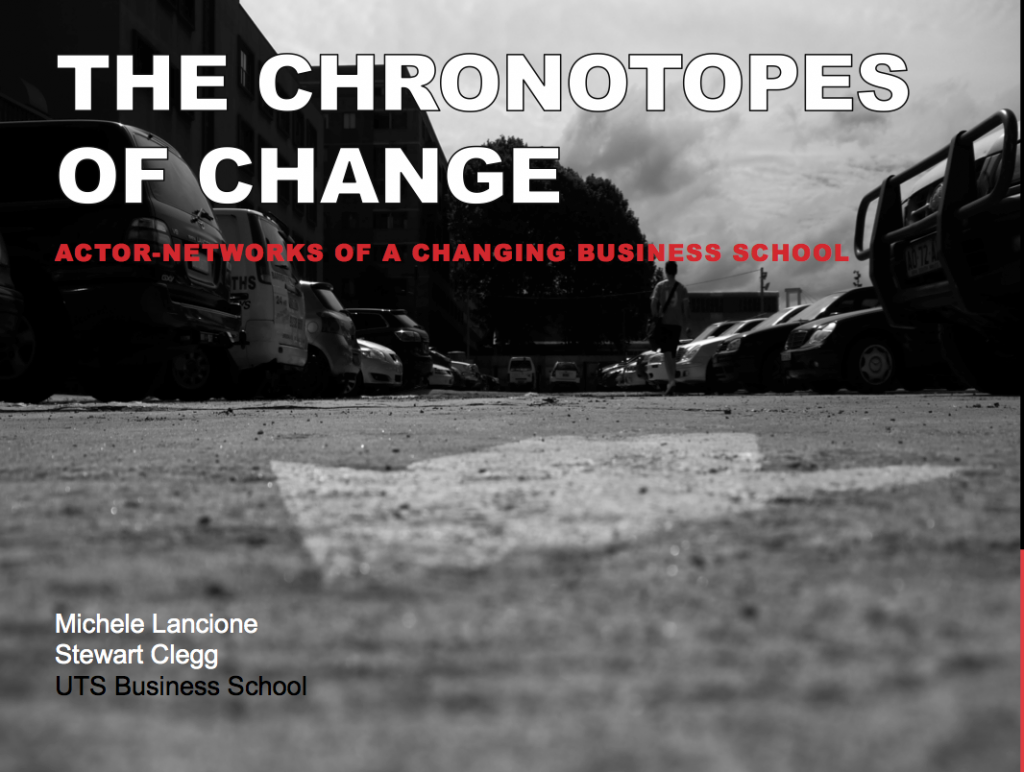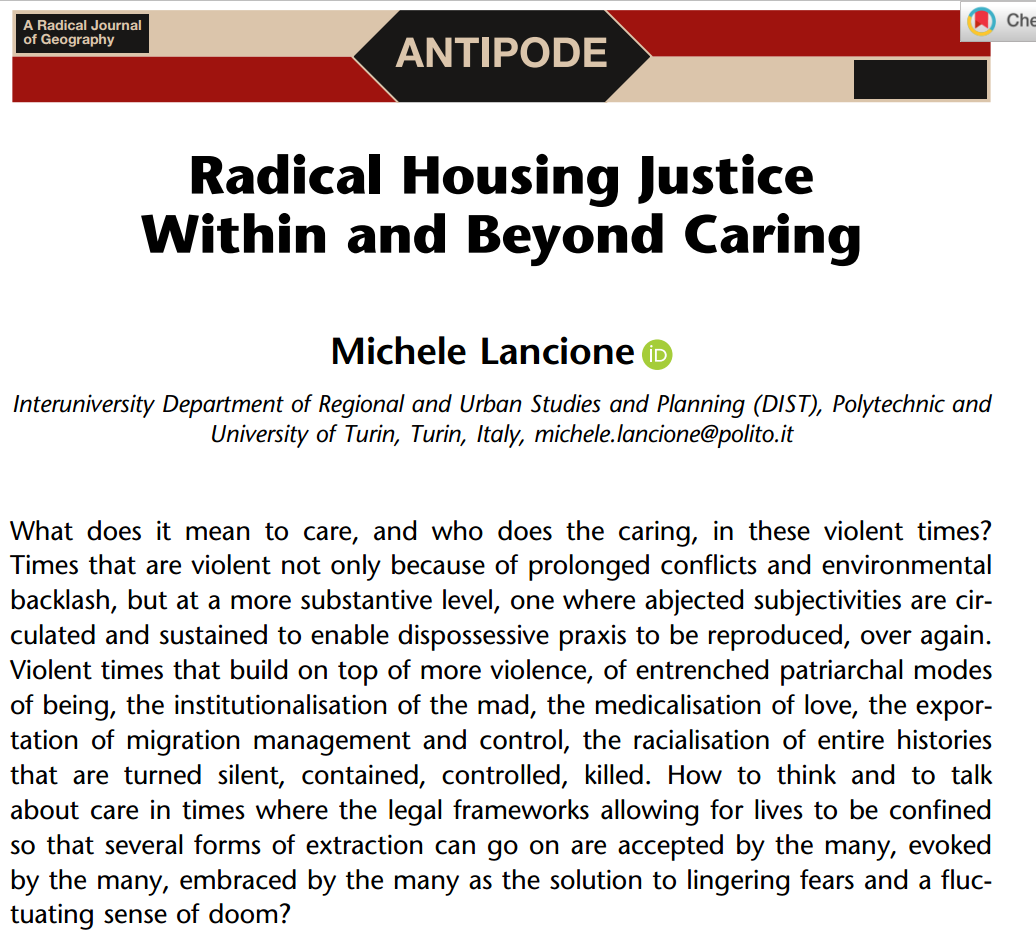
4 July, 2012 – 7 July, 2012 @ Aalto University & Hanken School of Economics, Helsinki, Finland – EGOS 2012, Design?!
I will present a paper (written with Stewart Clegg):
“The chronotopes of change: Actor-networks in a changing Business School”
This paper investigates the process through which the UTS Business School is re-shaping its identity through a process that includes, but is not limited to, the building of a new facility designed by the Canadian architect Frank Gehry (the Dr Chau Chak Wing building), as well as a major revision of the teaching programs. By investigating this project in an Actor-Network Theory fashion, and introducing the notion of chronotope, the paper answers three central questions related to the notion of change: How does organizational change happen in the daily life of a project? What gives unity to a chain of small relational changes? How can processual change possibly be managed? Theoretically, the paper argues that change emerges in the micro-dynamics of organizing, fragments that are sticked together by macro-dominant narratives, in a constant process of translations that occur between human and non-human actants. Moreover, the paper concludes by advancing a particular take on the management of change, which can be pursued only through a constant micro-politics of network maintenance and enactment.
More on my research on the Dr Chau Chak Wing project, here.
Like this:
Like Loading...


